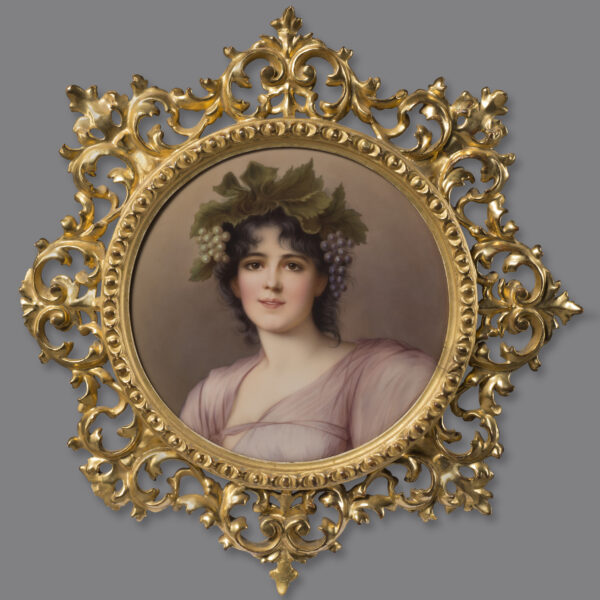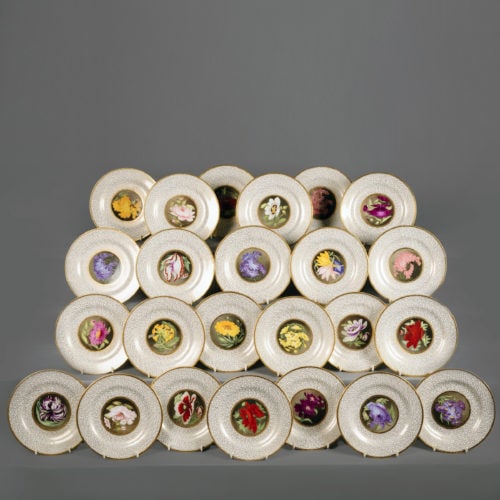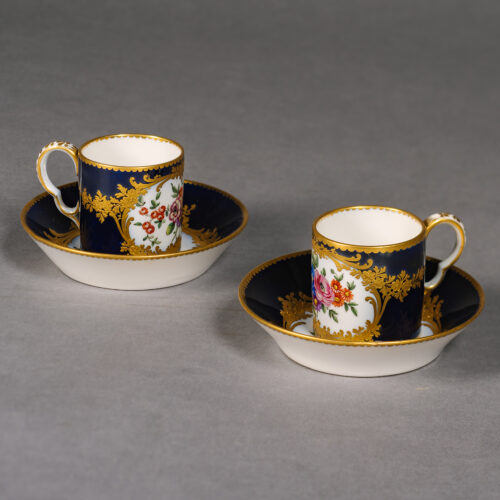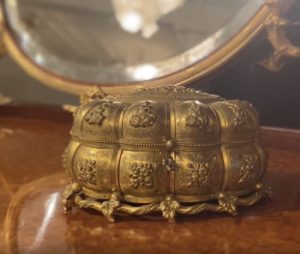Konigliche Porzellan-Manufaktur (KPM)
Erblüth" Grande et très belle plaque en porcelaine de Berlin (KPM), d'après Angelo Asti.
£30,000
'Erblüth' A Large and Very Fine Berlin (KPM) Porcelain Plaque, After Angelo Asti. In a giltwood and composition shadow box frame. Signed 'Weigel',...
Dimensions
Height: 67 cm (27 in)Width: 59 cm (24 in)
Depth: 6 cm (3 in)
Description
‘Erblüth’ A Large and Very Fine Berlin (KPM) Porcelain Plaque, After Angelo Asti. In a giltwood and composition shadow box frame.
Signed ‘Weigel’, impressed sceptre mark, ‘KPM’, numeral 18, incised letter W.
This large and very finely painted KPM porcelain plaque depicts a portrait of a beautiful brunette lady wearing a diaphanous gown, after the painting by Angelo Asti (1847-1903).
German, Circa 1890.
Dimensions of plaque
Height: 43 cm | 17 inches
Width: 34.3 cm | 13 1/2 inches
Date
Circa 1890
Origine
German
Moyen
Porcelaine
Signature
Signed 'Weigel' | impressed sceptre mark | 'KPM' | numeral 18 | incised letter W.
Founded in Berlin in 1750 ‚‘KPM‚’ or ‘Koenigliche Porzellan-Manufaktur’ acquired its name and Royal patronage when the Prussian king, Frederick the Great, purchased the manufactory in 1760.
Its distinguished trademark from then on became the royal blue sceptre, which is stamped (painted prior to 1837) on every piece. All painted pieces produced by KPM are signed by the painter.
The complicated and exacting process of painting on porcelain became very popular in the mid to late nineteenth century. Drawing inspiration from old master portraits and genre scenes, artists were able to achieve incredible images embued with a luminous beauty through the translucent quality of the porcelain.
KPM porcelain represented the height of technical and artistic achievement during this period and large plaques particularly signed examples have become rare and highly sought after.
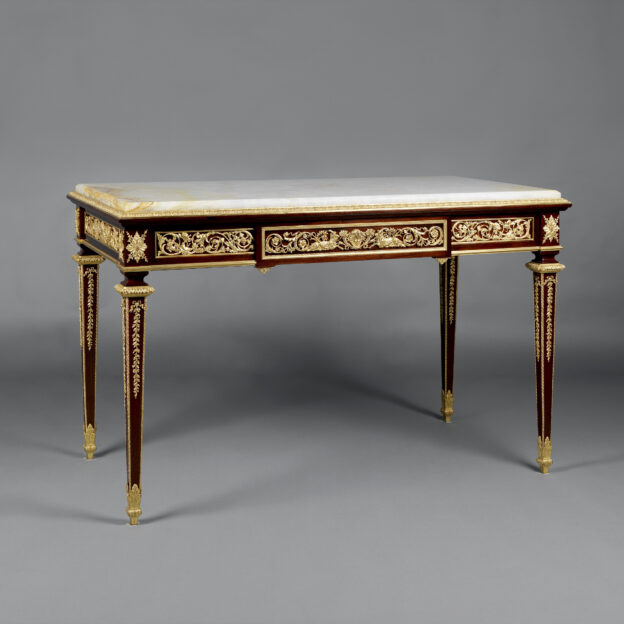
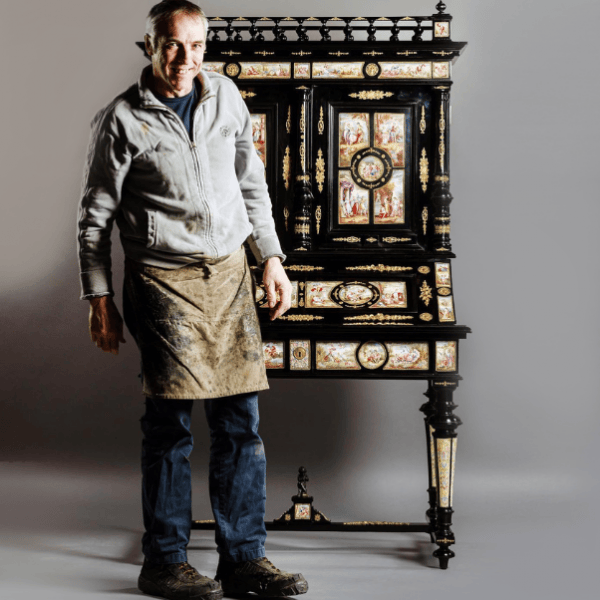
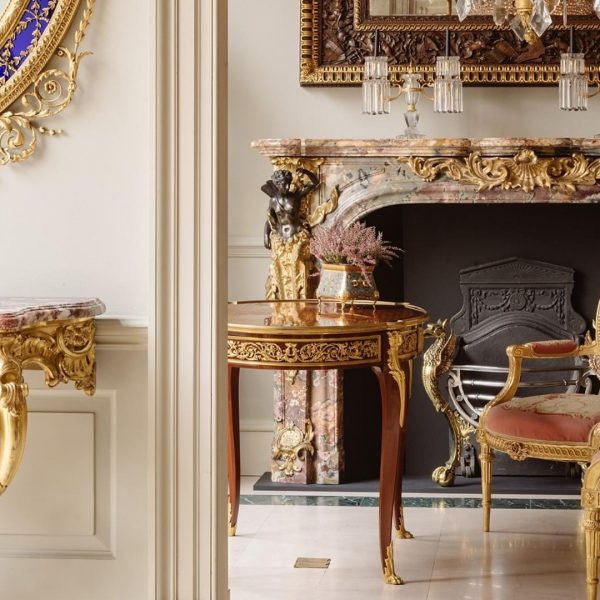
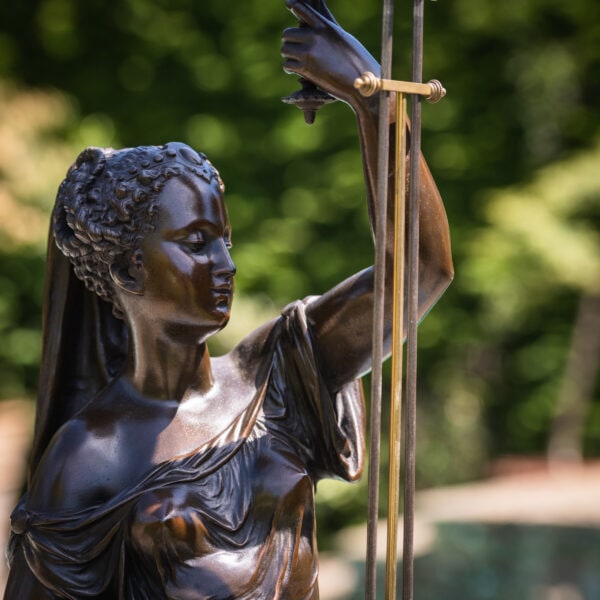

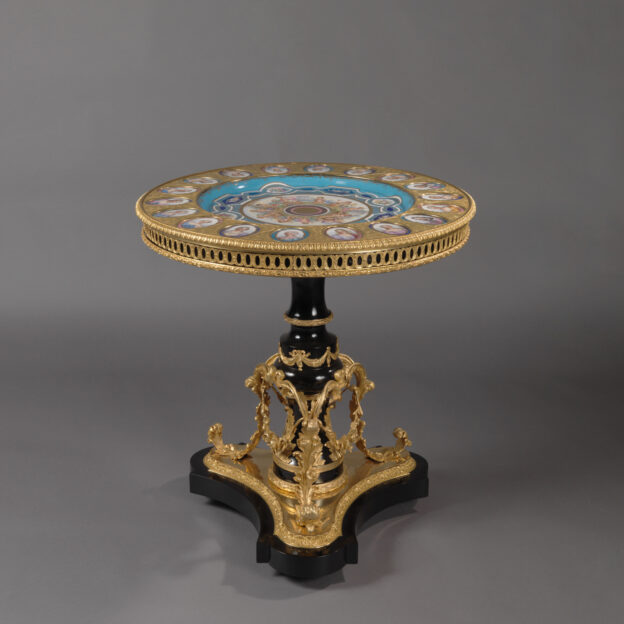
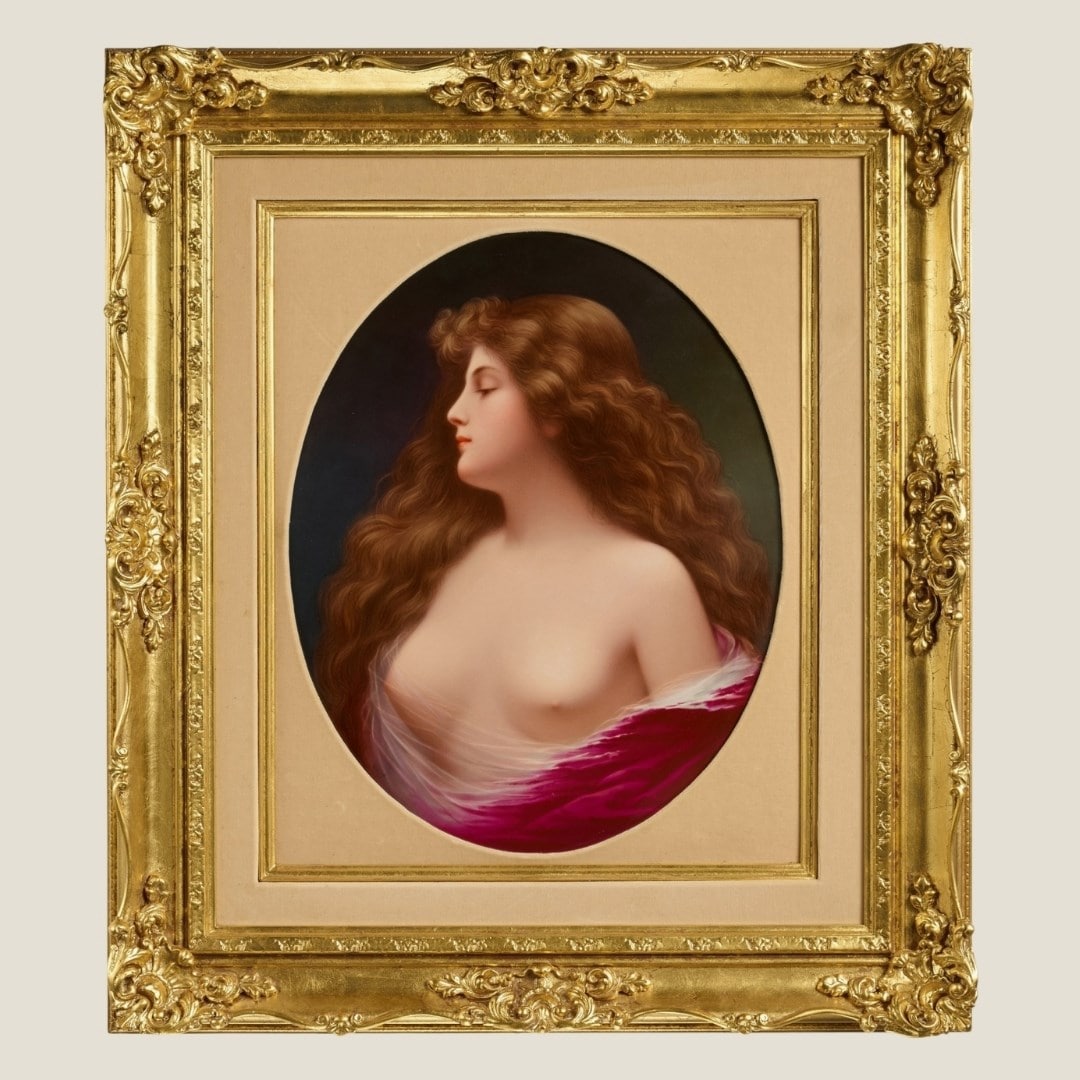
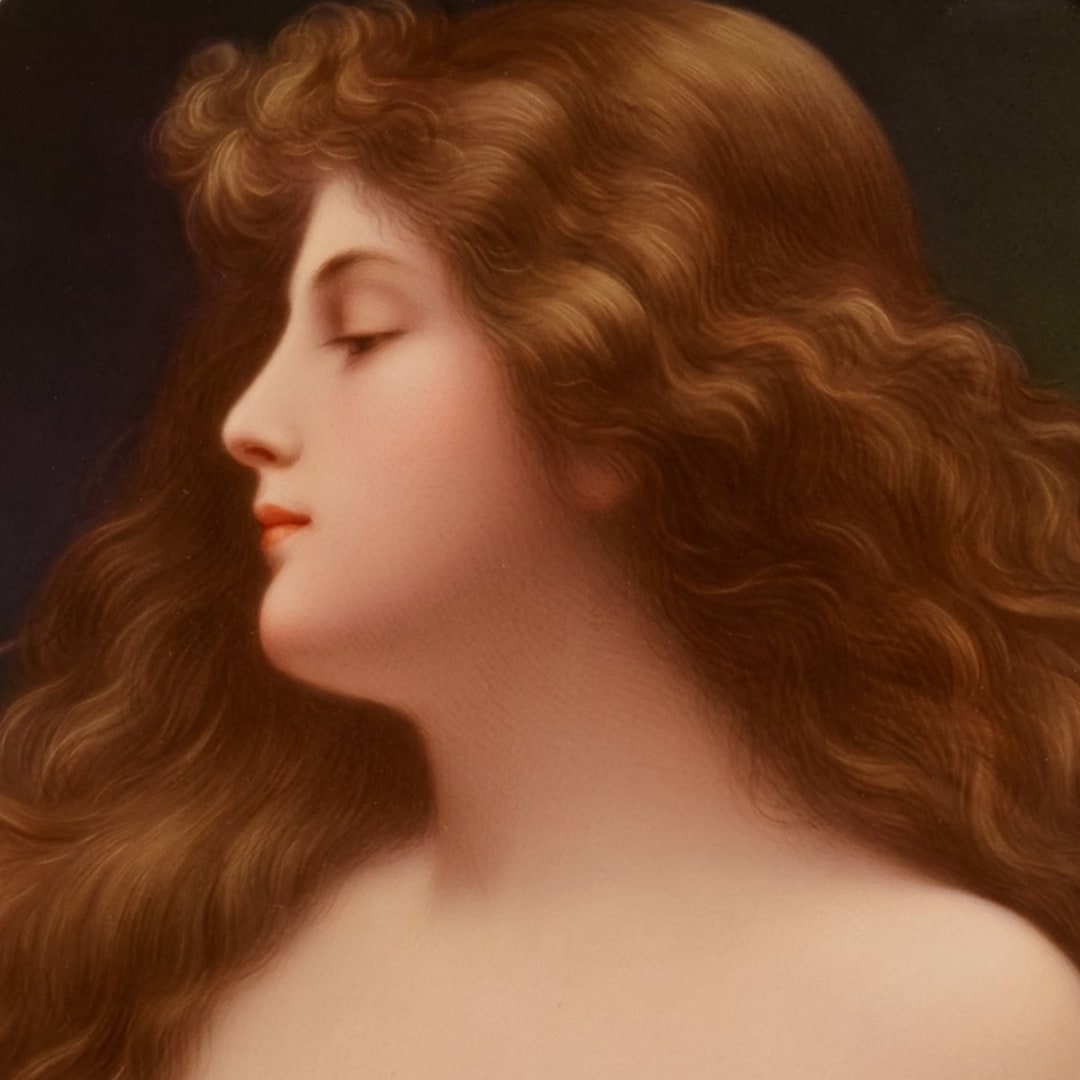

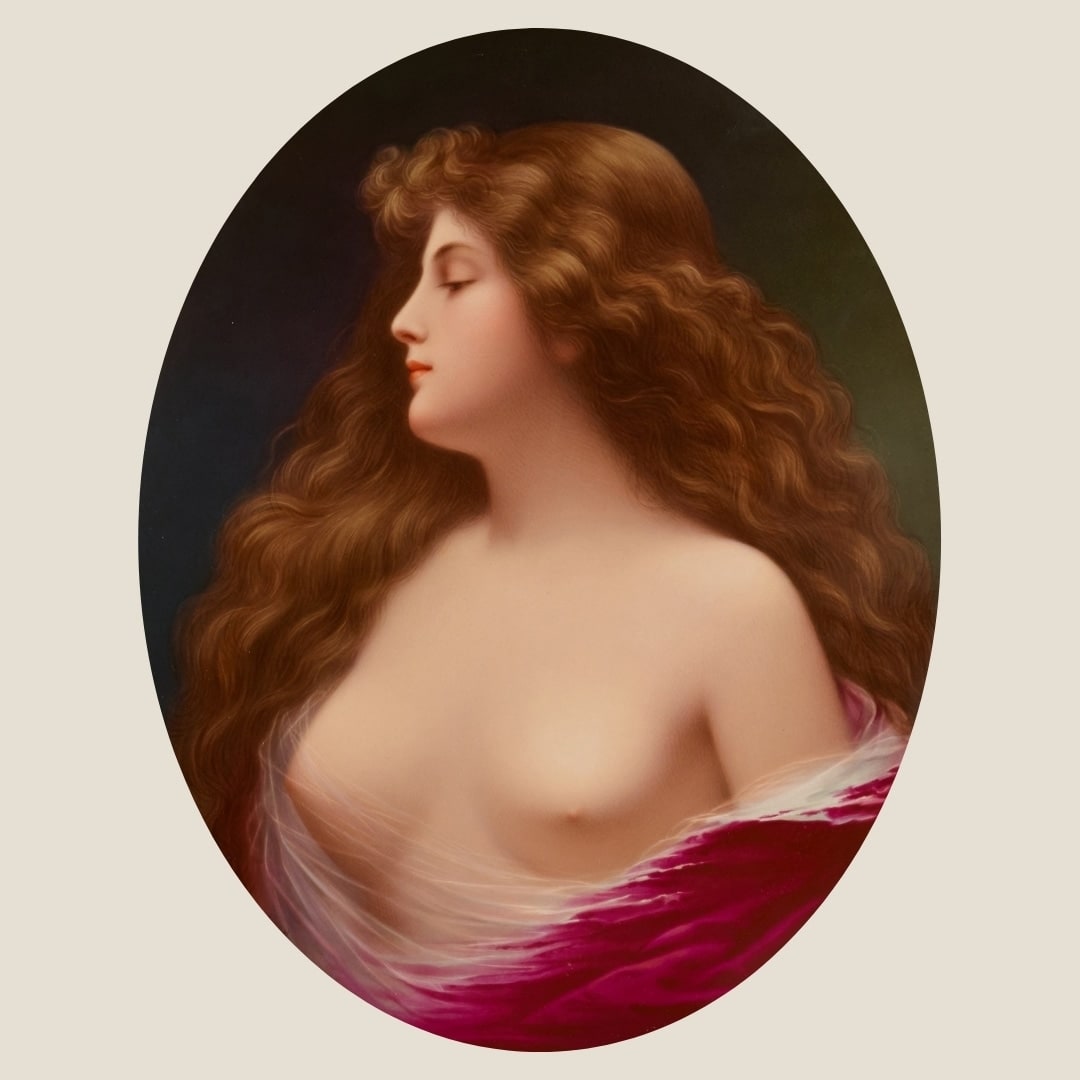

 Imprimer
Imprimer